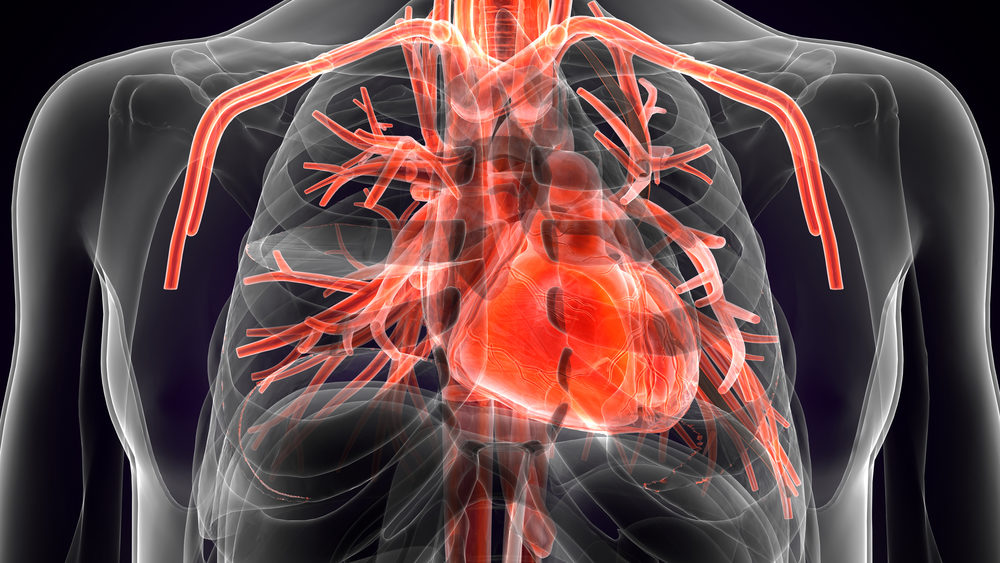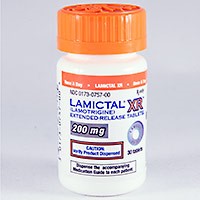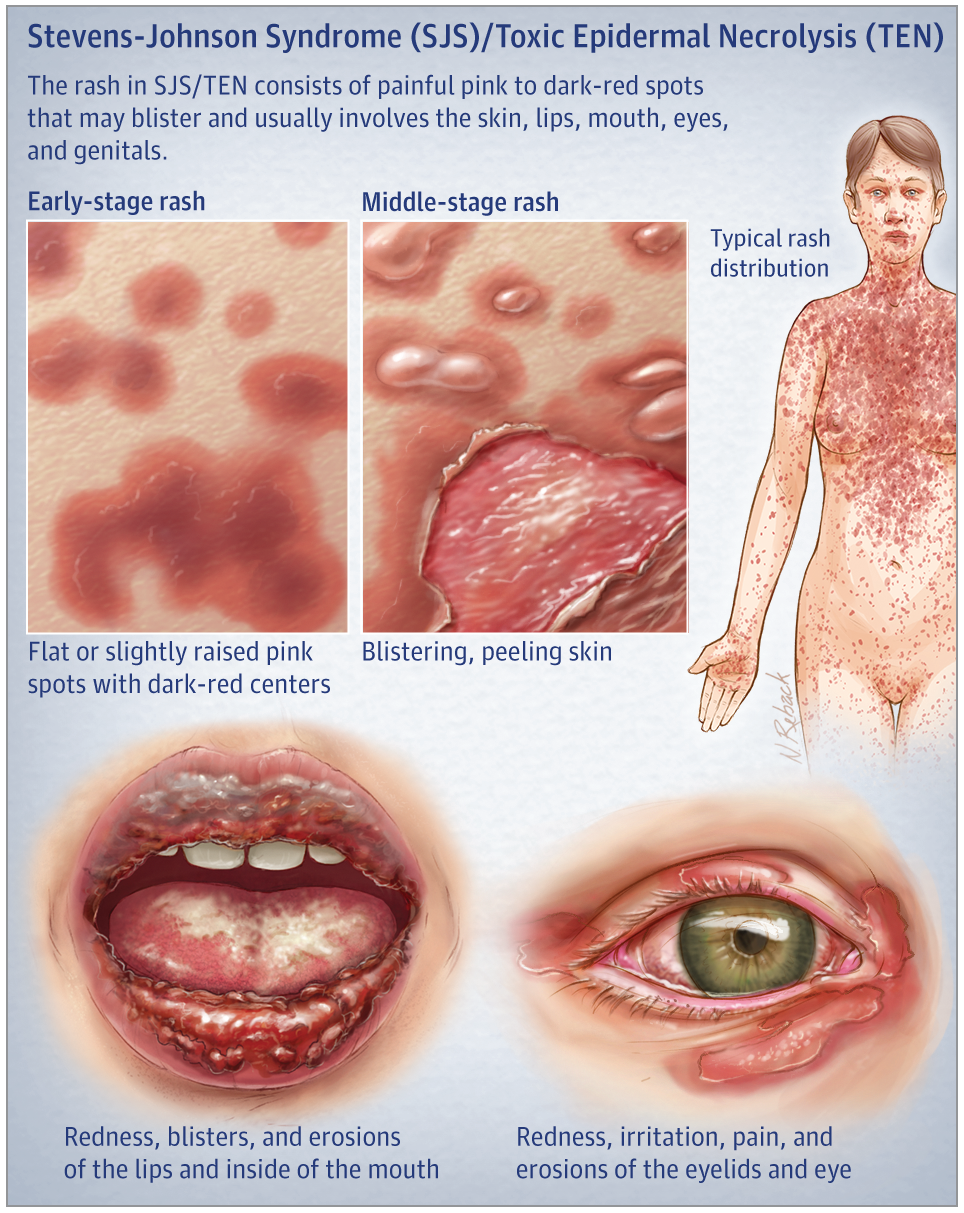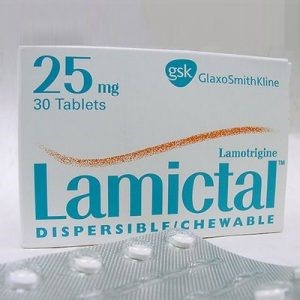
Acetaminophen, an active ingredient used to treat pain and reduce fever, has been associated with a risk of serious skin reactions, among them Stevens-Johnson Syndrome.
Acetaminophen is one of the most common drug ingredients in the U.S., used in hundreds of over-the counter medications and prescription drugs and taken by 52 million Americans every week, according to the Consumer Healthcare Products Association (CHPA).
Some common over-the-counter brand name drugs that Contain acetaminophen include Actifed, Alka-Seltzer Plus Liquid Gels, Cepacol, Contac, Coricidin, Dayquil, Dimetapp, Midol, Nyquil, Robitussin, Sinutab, Sudafed, Theraflu, Excedrin, Formula 44, Triaminic, TYLENOL products, Vanquish, Vicks, and Zicam. There have been additional studies that show other medications that likely cause SJS/TEN. Read more about that here: READ
Can Stevens-Johnson Syndrome be caused by Medical Malpractice: READ HERE
Store brands of these drugs and others containing acetaminophen are available at Walgreens, Wal-Mart, CVS, Target, Publix, Kroger, and many other retailers.
What is Stevens-Johnson Syndrome?
Stevens-Johnson Syndrome (SJS) is a rare yet serious disorder of the skin and mucous membranes that typically stems from a reaction to a certain medication. Starting with flu-like symptoms, within a few days SJS causes the skin on the face and chest to blister and peel, exposing painful raw areas resembling a hot-water burn, eventually spreading to other areas of the body. SJS also causes damage to the mucous membranes, including the lining of the mouth and the airways, leading to difficulty swallowing and breathing.
SJS often displays the following symptoms:
- Cough
- Headache
- Rash
- Blisters
- Widespread damage to the surface of the skin
Stevens-Johnson Syndrome usually warrants hospitalization and can lead to death. Several years ago, the U.S. Food and Drug Administration (FDA) requested that the makers of acetaminophen products strengthen their warnings about Stevens-Johnson Syndrome and also advised patients who develop symptoms of the skin disease to stop taking the product and seek immediate medical attention. However, despite the risk of SJS, the FDA continues to believe that the benefits of acetaminophen outweigh the risks.
Contact Our Dedicated Drug Injury Attorneys Today
If you or a loved one has recently take an over-the-counter drug or prescription drug and you have developed Stevens-Johnson Syndrome or Toxic Epidermal Necrolysis, contact our lawyers at Childers, Schlueter & Smith to see how we can help protect your legal rights. We help patients and families all over the country, and we do so with unparalleled experience and results.
Other Stevens-Johnson Syndrome News
A study has found that survivors of Stevens-Johnson syndrome (SJS) have a higher risk of cardiovascular problems, specifically cerebrovascular accidents and ischemic heart disease, compared to the general population.
Medical negligence may contribute to Stevens-Johnson Syndrome (SJS) or Toxic Epidermal Necrolysis (TEN). Learn how drug errors, misdiagnosis, or lack of warnings could support a legal claim.
Lamictal has been linked to Stevens-Johnson Syndrome (SJS), a life-threatening skin reaction. Learn how improper prescribing or dosing may lead to serious injuries and legal action.
If you've been diagnosed with Stevens-Johnson Syndrome or Toxic Epidermal Necrolysis, it’s critical to act quickly and consult an experienced attorney to protect your legal rights and potential claim.
Allopurinol, a common gout medication, has been linked to Stevens-Johnson Syndrome—a rare but serious skin reaction that may require hospitalization and lead to long-term complications.
Improperly prescribed Allopurinol and Lamictal are leading causes of SJS/TEN. Learn how medical errors may have contributed to your injury—and why early legal action is essential.







